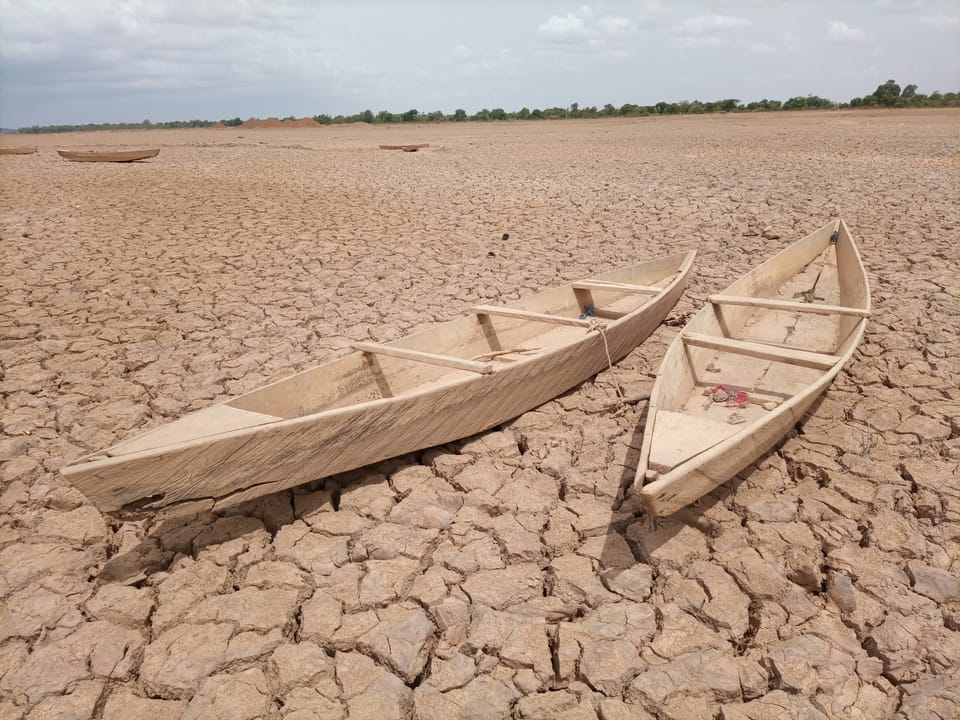Companies urged to act on water risk in supply chains, with billions of dollars under threat

CDP is urging companies to engage with their suppliers on water risk, after research revealed that US$77 billion is already under threat.
Just half of the 3,163 large companies analysed by CDP currently engage with their supply chains on water issues, including by inserting water requirements into supplier contracts, collecting water data, raising awareness of water issues, or collaborating on innovation.
But another 28% (894 companies) do not engage with their supply chain and have no plans to do so in the next two years, despite operating in water-dependent sectors including manufacturing, agriculture, and transportation.
The non-profit warns that water is a risk for everyone, and businesses that don’t act now are jeopardising their resilience to climate change. Almost US$7 billion is already at immediate risk due to urgent water scarcity, food, regulatory and reputational issues.
“The data is telling us our water supplies are becoming ever more fragile and the financial toll is mounting up. It’s down to large companies with the biggest water impacts to take immediate action, working with their suppliers to stem the tide of water risk,” said Dr Patricia Calderon, CDP’s global head of water.
Water risk: Financial incentives for procurement officers
About 14% of the companies reviewed (443 businesses) offer their senior leaders, including the board, incentives to improve water management across the supply chain, and 118 (4%) of these companies provide direct financial incentives to Chief Procurement Officers to act on water – these include Coca Cola, L’Oréal, and Japanese chemicals giant Kao Corporation.
Executive incentives is a strategy that has proven very effective for some (including Smiths Group CSO John Ostergren) in other areas of sustainability.
Speakers at a recent CSO Futures event on sustainability governance also agreed that pay incentives could be a powerful tool for change, – as long as they are based on the right KPIs. Non-executive director and economist Harry Broadman noted: “You can reward an executive because he or she has mitigated a risk that otherwise would have nipped them in the bud, or reward someone who's thought of a better way of producing a product. It's not either or, it's both of those lenses."
Steps to improve water management
For companies that haven’t started yet, CDP recommends following six consecutive steps to improve water resilience in their supply chains: Assess supply chain risks and impacts, set global supply chain targets, incentivise executives to act, include water in supplier requirements, engage with suppliers, and finally, incentivise and support suppliers.
“The bar needs to be raised much higher if we want to build strong and effective supply chains, free from serious water risks. Companies should shift their outlook to recognising the significant opportunities from becoming more water resilient,” added Calderon.







Member discussion